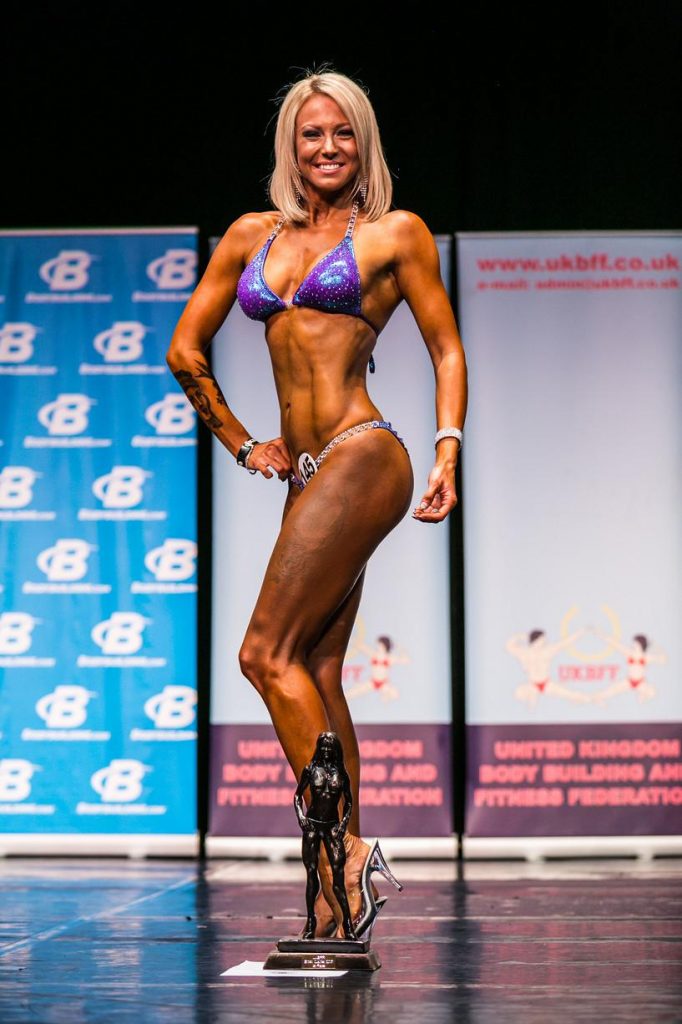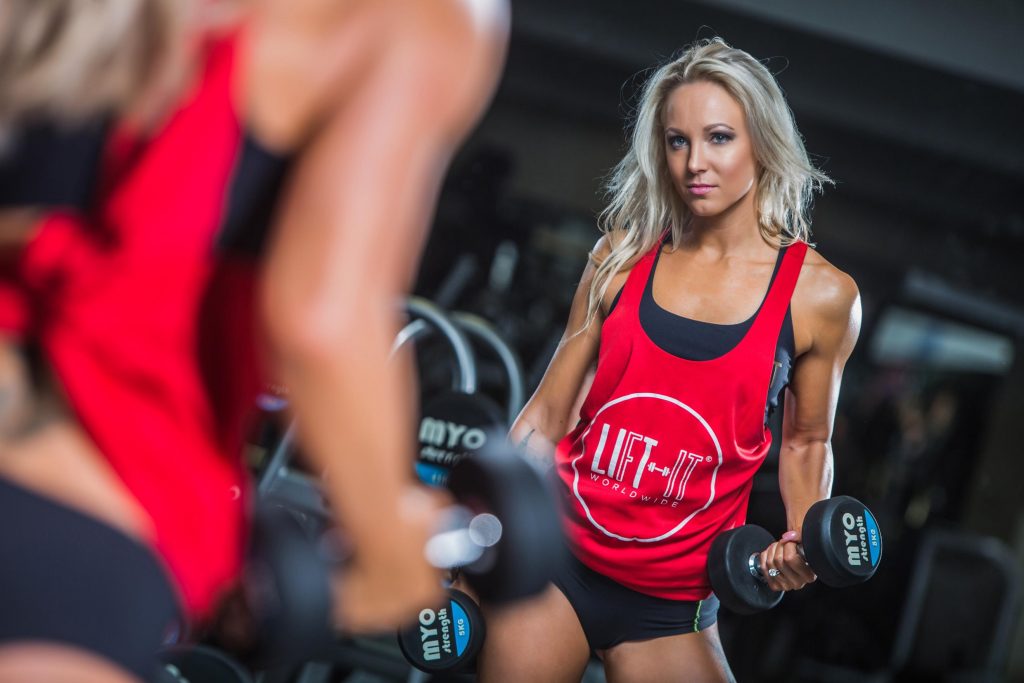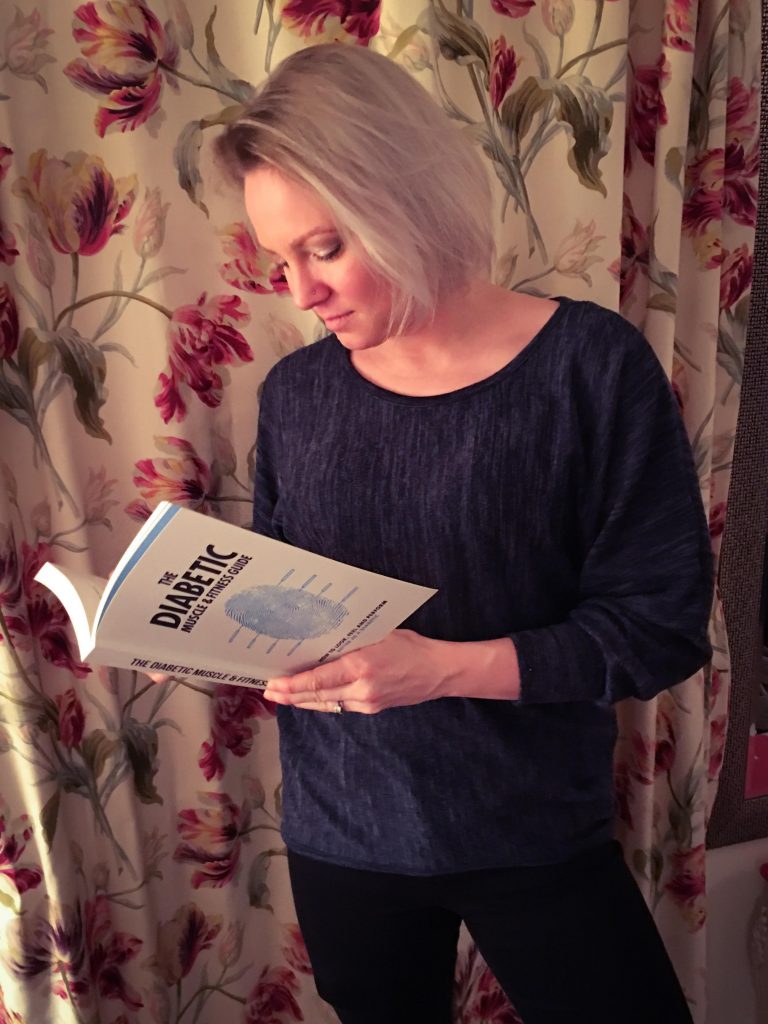Age?
32
Q. Where are you from?
Perth Western Australia. Currently living in Cheltenham UK.

Q. Tell us about yourself?
I was 13 when I was first diagnosed. I was a competitive figure skater at the time but eventually my balance deteriorated so much that my coach suggested to my mum that she take me to the doctors to get checked out. I was admitted to hospital that night for two weeks. It was my first year in high school and I went to a school out of my area so I hardly knew anyone there. As if being a teenager and trying to fit in at a new school wasn’t hard enough. It was a lonely experience. I don’t think I even realised how isolating it was until I look back at it later. I rebelled a bit. I kept quite good control of my levels in the beginning but lost control of everything else. I partied hard and didn’t look after my health or my body. My weight fluctuated and eventually my HBa1C went up too. But it wasn’t until I got a bit older I realised the gravity of the situation. No matter how far I ran if I didn’t take control of my life and my levels I could end up with terrifying debilitating consequences. Blindness, amputation and a shortened life span.
I got into health and fitness about 5 years ago. Before that life was heading in a very different direction. I had a Bachelor of Arts degree majoring in Drama Studies and set my sights on a career in acting but after joining a gym I started to consider other options. I was a cardio bunny to begin with. Group classes, treadmills, HIIIT sessions but they struggled to keep my attention. It wasn’t until I started going into the weights room that I really got the bug. Lifting made me feel strong and in control, I loved the way it was changing my body and my blood sugars were getting easier to manage.
This changed my life. I went on to complete both my Level 3 Diploma in Personal Training and my Level 4 Specialising in Obesity and Diabetes with the aim of helping others with diabetes overcome some of the obstacles faced when trying to get fit and healthy. Nutrition and how it correlates to exercise and diabetes fascinates me, which is what set me in pursuit of getting up on stage. I have been competing in UKBFF Bikini for 3 years now and managed to take 3 first place championships and placed top 10 in the British Finals this year.
Competing has opened up some amazing opportunities for me. I am sponsored by Reflex Nutrition and I have learned so much and been prepped by some incredible trainers, Phil being one of them.
My husband and I own a fitness and lifestyle brand called Lift-It Worldwide which was born out of a desire to connect like-minded people in the industry. We wanted to get people together who shared a passion and create a network that would help inspire and push people to achieve great things. We held training events and parties throughout the country and even in Ireland. The company designs and releases a solid range of fitness apparel which has been awesome to be a part of.
Q. How long have you had diabetes for?
I was diagnosed in 1997, so 20 years.
Q. Pens or Pump? Any preference?
I started on injections which I used for 16 years. When I was first diagnosed we would only have two injections a day which was a mixed solution containing both a long and a short acting insulin. This meant there was absolutely no flexibility on when and what we could eat! The freedom that multiple injections gave me when they became available was like a new lease on life. I toyed over the idea of changing to a pump for years before I took the plunge. It sounds shallow but from a vanity point of view I couldn’t reconcile myself with the idea of having a box stuck to me. Injections may be tedious but once testing and administering insulin is done you can pack it away and it’s almost like you don’t have diabetes anymore. On the outside anyway. Of course you’re always thinking about it in the back of your mind. But the idea of having a cannula and box stuck to me almost made me feel like I was even more sick, and that the world would be able to see it. So it was an emotional decision. But I eventually went for the Omnipod which is a wireless pump patch. And although it took some getting used to I couldn’t go back now. I don’t even notice the box is there now. I can inject anywhere, anytime with no trouble at all, just type it into the PDM machine and it wirelessly communicates with the pod. And the minute control it gives me means I can get super tight levels if I work at it hard enough.
Q. How often do you check your blood glucose?
I am an obsessive tester. I can feel my highs and lows quite easily but I cannot eat without testing beforehand. I’ve tried, but my mind swims and I panic, so I test, usually to find out I was pretty close to the mark anyway. I would say I test anywhere between 8-14 times a day.
Q. Recent A1C?
6.2 DCCT / 44.3 IFCC

Q. Tell us about your bodybuilding and fitness lifestyle?
I first started exercising to get my blood sugars and my weight under control. I had no idea about the weights room and would spend the best part of an hour banging away at the treadmill trying to run myself skinny. This got really boring really quick and so I started to venture into the weights section of the gym to see what it was all about. Didn’t take long until I was hooked. I loved it! I felt strong, powerful and I could see my body changing.
At Body power, a large fitness expo in the UK was the first time I ever saw Phil Graham speak, long before I knew he was diabetic, I also went to the UKBFF Pro Show in the evening. I was blown away. The girls looked incredible!! That immediately became my goal. How was I going to get into stage condition though? I’d been working my butt off for a few years by now but I looked completely different to the ladies up there. What was I missing? And most importantly, was it even possible being Type 1 Diabetic? I asked my endo the next time I went in. Not a good idea they said, too hard with your condition. That galvanised my decision. I was definitely going to do it now!! I researched some trainers and started my prep for my first show the UKBFF Stars of Tomorrow 2014. I had my pump on my leg which I had been told I could be marked down for but despite this I placed first. I can’t tell you the way that made me feel. It was like I gained a piece of control back. This was my life and that was a big two fingers to the diabetes!!
I work as a full-time personal trainer and train a huge range of clients. Girls and guys, some for weight loss or muscle gain, competitions prep, those with eating disorders and some with disabilities and I have a handful of diabetic clients. I love the fact that my days are never the same. It’s always flowing. I am honoured to be a part of all my clients’ journeys and love to watch them change and grow. I feel incredibly lucky to be able to work doing something I enjoy.
The time between clients and programming allows me to structure my training for competition prep and off-season training. I’m thirsty for knowledge too. I’m always learning. Researching new training techniques, nutrition theories and CPD courses for my PT work. It’s what I love about this industry. You never know it all. There’s always new research to explore.
Q. Can you give an example of your daily diet plan?
I am very regimented with my food. My nutrition intake will change depending on whether I am off season or on season. Currently I am sitting on around 2350 calories while I try and build for next year’s competitions.
I found over the years that although competition prep, and the rigid diet that goes with it, is tough, my levels are much easier to control. I know exactly how much carbohydrate is going into my meals and I can adjust my insulin requirements accordingly. It’s eating out that throws a curveball as you never know how much sugar or MSG they might put in sauces and you have to guesstimate the amount of complex carb on your plate. Then there’s the issue of fats which can have a huge effect on how quickly the carbohydrate will breakdown, meaning you need to readjust how your insulin is administered. And when you don’t know the precise amounts it can be tricky to get it right.
I like routine and so I eat a lot of the same foods, it may look boring but I use loads of spices and seasonings and I love making things like healthy curries or jerk chicken to keep it interesting. I love cooking so I’m always finding inventive ways of keeping it fresh.
My current diabetic bikini fitness diet consists of the following:
Oats and Eggs with Blueberries or Toast with Eggs and Peanut Butter.
Chicken / Rice / Colourful Veg
2 Scoops Whey / Banana Post Workout
White Fish / White Potato / Green Veg
Chicken / Sweet Potato / Colourful Veg
Salmon / Avocado or Nuts
Casein Pre Bed
Q. What aspect of diabetes holds you back the most?
I’d love to say nothing; that I am the master of my body and its mechanics but unfortunately no matter how diligently you work at keeping control diabetes can chuck a spanner in at the most inconvenient times. It’s fluctuating levels that get in my way. They don’t happen all the time. I have pretty good control for the most part, but when they decide to play up, I wouldn’t say they hold me back, as I work around them, but they most certainly get in my way.
I have never failed to achieve something because of diabetes. I have just had to work harder at it. Take competition prep for example. Bodybuilding is the most rigid sport out there. You set the plan, and you do not break the rules. 100% beast-mode. Training, diet, everything followed to the letter. Nothing about diabetes is 100% to plan.
Everything is a variable.
In the end, it’s my blood sugars that get the final say as to when I can eat or when I can train. Wake up low, no fasted cardio, hypo through a leg session and have to cut it short. Go low in the middle of the night and have to treat with glucose. How many prep plans have a 3 am sugar hit?? You always need to have a back-up plan. To work out how to make something so rigid into something organic and flexible. Learning how to accommodate for these things means you can still reach your goals even with the constant setbacks. It’s sometimes tiring, the constant battle but when you get to your destination, it’s immensely satisfying.
Q. Top 3 Tips for managing your diabetes?
- Be Prepared – always bring back-up equipment when going out. The amount of times I’ve been caught out with a pod malfunction or run out of test strips. That goes for having quick acting glucose to hand to be able to treat hypos too. I’ve hypoed whilst training clients before, which was horrible!
- Be Organised – If your levels are swinging, test and record. It’s hard to see trends if you’re not recording what’s happening. Once you have a few days of levels written down you can see where patterns are emerging and make changes from there.
- Don’t Stress – Easier said than done. Diabetic burnout is a very real thing. Fluctuating levels and constant monitoring can be exhausting. But the release of cortisol and other stress hormones into the body will cause your levels to swing further, if your levels are out of control. Be calm, ask the diabetes nurses if you need assistance go slowly.
Less is more. Don’t overdo a correction in an attempt to rectify your levels quicker. This will just make you swing more. Slow and steady changes and it’ll settle.
Q. What is the best piece of advice you could give someone newly diagnosed with diabetes?
Don’t be afraid to reach out. Diabetes is a monumental learning curve. Don’t feel like you have to go it alone. Speak to your doctors or reach out to people on social media. I wish I had had access to that when I was newly diagnosed. I felt like the only person on the planet who had it, I didn’t know anyone else who was diabetic so it was hard to find people to talk to and that can be quite isolating. Now I am connected to hundreds of people all over the world who are sharing the same experiences and know exactly what it’s like to live with diabetes and there’s huge reassurance in that. Knowing that you’re not alone.

